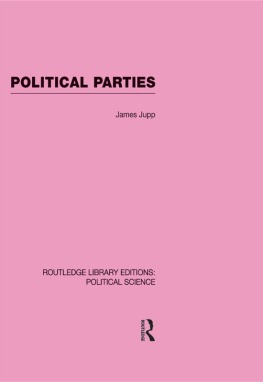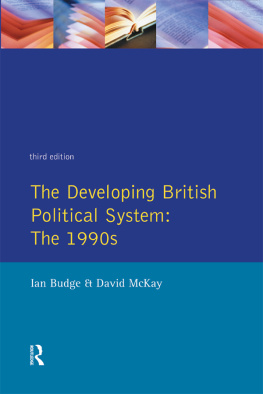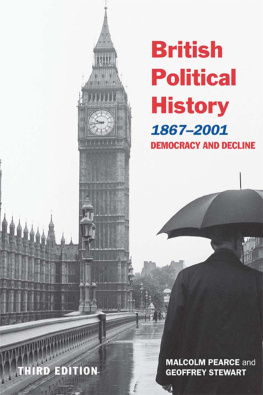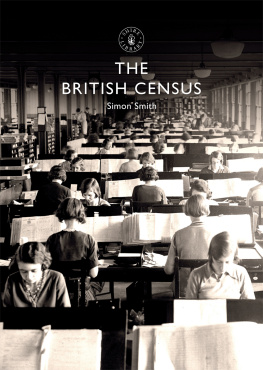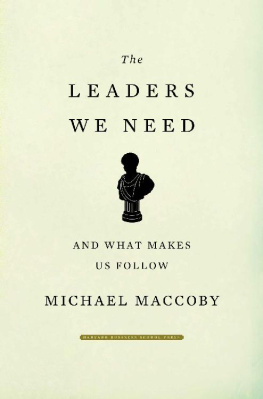ROUTLEDGE LIBRARY OF BRITISH POLITICAL HISTORY: LABOUR AND RADICAL POLITICS 17621937
VOLUME VII
ROUTLEDGE LIBRARY OF BRITISH POLITICAL HISTORY: LABOUR AND RADICAL POLITICS 17621937
VOLUME I
A Short History of the British Working Class Movement I, 17891848
Edited by G. D. H. Cole
VOLUME II
A Short History of the British Working Class Movement II, 18481900
Edited by G. D. H. Cole
VOLUME III
A Short History of the British Working Class Movement III, 19001937
Edited by G. D. H. Cole
VOLUME IV
A History of British Socialism I
Edited by M. Beer
VOLUME V
A History of British Socialism II
Edited by M. Beer
VOLUME VI
English Radicalism 17621785
Edited by S. Maccoby
VOLUME VII
English Radicalism 17861832
Edited by S. Maccoby
VOLUME VIII
English Radicalism 18321852
Edited by S. Maccoby
VOLUME IX
English Radicalism 18531886
Edited by S. Maccoby
VOLUME X
English Radicalism 18861914
Edited by S. Maccoby
VOLUME XI
English Radicalism: The End?
Edited by S. Maccoby
ENGLISH RADICALISM 17861832
Edited by
S. Maccoby
First published 1955 by George Allen & Unwin Ltd.
Published 2018 by Routledge
2 Park Square, Milton Park, Abingdon, Oxon OX14 4RN
Simultaneously published in the USA and Canada
by Routledge
52 Vanderbilt Avenue, New York, NY 10017
Routledge is an imprint of the Taylor & Francis Group, an informa business
Copyright 1955 Taylor & Francis
All rights reserved. No part of this book may be reprinted or reproduced or utilised in any form or by any electronic, mechanical, or other means, now known or hereafter invented, including photocopying and recording, or in any information storage or retrieval system, without permission in writing from the publishers.
Notice:
Product or corporate names may be trademarks or registered trademarks, and are used only for identification and explanation without intent to infringe.
Typeset in Times by
Keystroke, Jacaranda Lodge, Wolverhampton
British Library Cataloguing in Publication Data
A catalogue record for this book is available from the British Library.
Library of Congress Cataloging in Publication Data
A catalog record for this book has been requested.
English Radicalism 17861832
English Radicalism: 6 Volumes
ISBN 0-415-26570-3
Routledge Library of British Political History: Labour and Radical Politics 17621937: 11 Volumes: ISBN 0-415-26562-2
ISBN 13: 978-0-415-26572-0 (hbk)
ISBN 13: 978-1-138-87806-8 (pbk)
ENGLISH RADICALISM 17861832
FROM PAINE TO COBBETT
BY
S. MACCOBY
M.A., Ph.D.
TO MY WIFE
T HIS volume completes a history of political agitation in this country from Wilkess day to Lloyd Georges which has occupied the writer for many years. If he has helped the occasional student of politics and society to chart himself through some of the obscurer side-channels of the national story, he will not consider his labour to have been altogether in vain. And as it is always hard to lay down a long course of study completely, the writer has begun some detailed work on the dissolution of the old Radicalism after 1914. It seemed a pity not to attempt to share, with those interested, the considerable quantity of fugitive material which he had steadily accumulated while writing the other volumes. And the inner story of the agitating elements of the British Left, between 1914 and 1945, if it could ever be told with sufficient clarity and illustrated with the right kind of documentation, would seem almost the logical culmination of one hundred and fifty years of Radical Reform.
In the matter of illustrative documentation, the writer knows that, while some have praised, others have questioned his very extensive use of extracts in these volumes. But the writer is one of those who prefer to have and to show a very solid backing indeed from a periods political literature before venturing a generalisation. Moreover, he understands the plight of many students, in this country as well as overseas, who may never have access to original material, or even the chance of becoming aware of its real character and content, unless indications and selections are supplied in some such way as he has chosen.
CONTENTS
In the last Session of Parliament [1785] the meritorious attempt of the Minister to improve our system of Popular Representation was not supported by the People themselves with that firmness and vigour which alone can afford a rational expectation of success. On that occasion, indeed, the County of York acted with its usual zeal and energy, neither exhausted by the great Political exertions it had made, during the five preceding years, nor discouraged by the formidable numbers which a corrupt or a strangely prejudiced majority of Parliament had opposed to every Proposition tending to Reform our Representation. In the same laudable pursuit the County of Nottingham, and several respectable Cities and Towns concurred with the County of York. But the great mass of the Nation, instead of being animated by these examples, remained silent.
Since the close of the last Session, I fear no favourable change in the disposition of the Nation has taken place. The Plan proposed by Mr. Pitt has indeed offered a new system of Representation as near to theoretical perfection as in the actual state of property, public manners, and other material circumstances would be practicable, or perhaps desirable. But the various dangers and distresses in which the Corruption of Parliament has involved us appear to be already forgotten and the only wish of the Public seems to be, to enjoy the present gleam of prosperity, without considering the causes of our past misfortunes, and without taking the trouble to inquire by what means the far greater evils may be averted which those causes, if still suffered to exist, must ultimately produce.
Intended Circular Letter to the Yorkshire Committee, January 8, 1786 (Rev. C. Wyvill).
It is an article of some curiosity, to trace the sentiments of the British ministry on the subject of the French revolution. The spectacle that was exhibited in the outset, was that of a nation long broken to the galling yoke of despotism, that were at length become conscious of their rights, and struggled to be free. This spectacle could scarcely fail to be interesting to every upright and impartial mind; and Mr. Pitt who had commenced his political career under the standard of liberty and reform, might reasonably be expected to entertain some sympathy for their exertions. Moderate men, as they were called, indulged the hope that France would model her government upon the system of the English constitution. But, when it was seen that the French disdained to confine themselves to the imitation of any other people, and were rather ambitious to hold up a standard that should excite the desire of foreign countries, the case was extremely altered. That moderate temper, which at first dictated approbation, now began to conceive alarm. No deliberation seemed to be more important than that which should determine the conduct to be pursued by government upon this interesting subject; whether means of gentleness and forbearance on the one hand, or those of violence and determined opposition on the other, would best prevent the contagion of republicanism and reform from spreading its infection among the people of England. The sentiments of Mr. Pitt seem to be considerably favourable to the leaders in France; but it was sufficiently known that those sentiments were not unmixed with disapprobation, and the friends of the minister deemed themselves at liberty to speak. Viscount Valletort, who had moved the address to the King upon the first day of the session, expressed great compassion for the present unhappy situation of France, of which, as he observed, no province was altogether free from anarchy and confusion; the most unexampled barbarities had been committed with impunity; families of distinction had been obliged to fly for an asylum to other countries; and, to conclude the distressing scene, the King himself was almost a prisoner.






